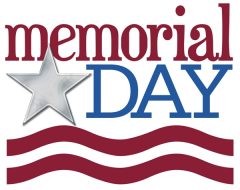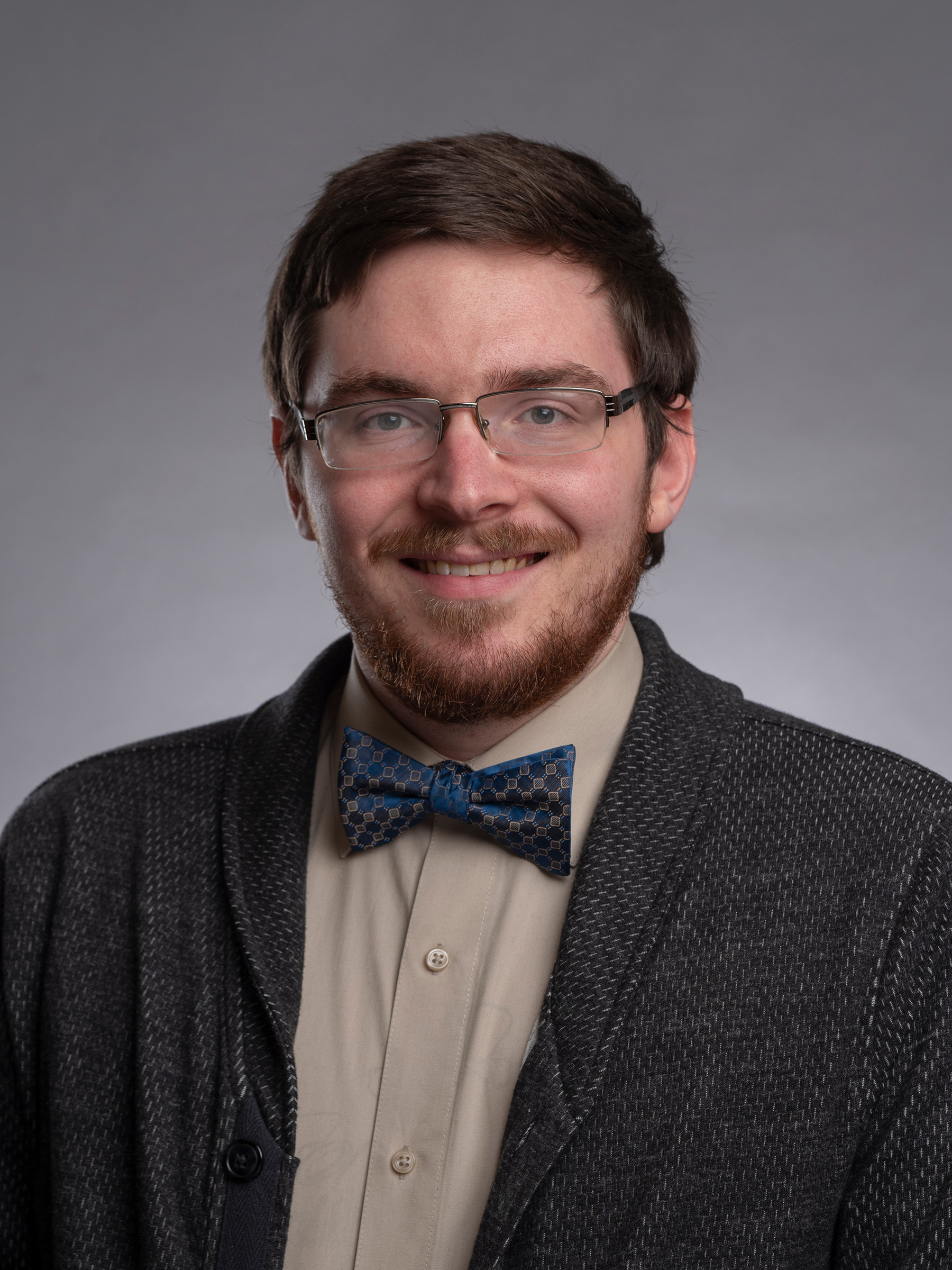Last Fall, UC Libraries made the tough decision to break up with our Statista subscription. The decision came down to two reasons:
- Statista’s price rose over 200% in the past two years
- More importantly, Statista’s data is accessible from other vendors and resources. The Statista platform serves as a portal to finding statistics. Basically, subscribers pay for ease of access to a lot of statistics. Most of these statistics come from government resources, industry associations, and other vendors of statistical information.
A few examples:
- Data Planet
Touted as the “largest repository of standardized and structured statistical data”. It has 13.5 billion datasets, pulls from over 90 data providers and covers 16 major subject categories. It also provides users with tutorials on how to analyze data and incorporate it into their research. - US Census
One of the largest producers of social and economic data and statistics. The economic census includes Trade, Manufacturing, Construction, Financial, Insurance and Real Estate statistics. - FRED (Federal Reserve Economic Data)
Economic data out of the St. Louis Federal Reserve Bank including inflation rate, consumer price index, unemployment rate, and more. FRED also provides a lot of teaching resources for economic data. - Market Research Reports from IBIS, Mintel, Euromonitor and many more!
UC Libraries subscribes to many market research databases. These reports provide domestic and international industry level data as well as consumer demographics and statistics.
These databases and resources are accessible through UC Libraries and UC’s research guides. These resources are being updated these through the Summer, so please check back to see what’s new.
If you are looking for something specific, please think of Maggie Patel (UC’s Business and Data Analytics Librarian) as your statistical matchmaker and she will work with you to find the appropriate resource. You may contact her through email.
Please don’t despair if you loved Statista, there are plenty of other statistical databases in the sea. You will improve your research skills and discover new statistical resources. Fall in love again with something new!


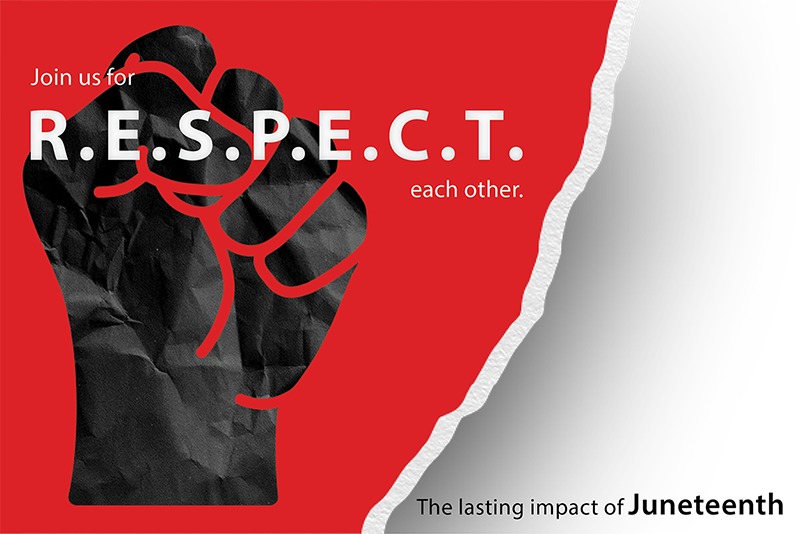
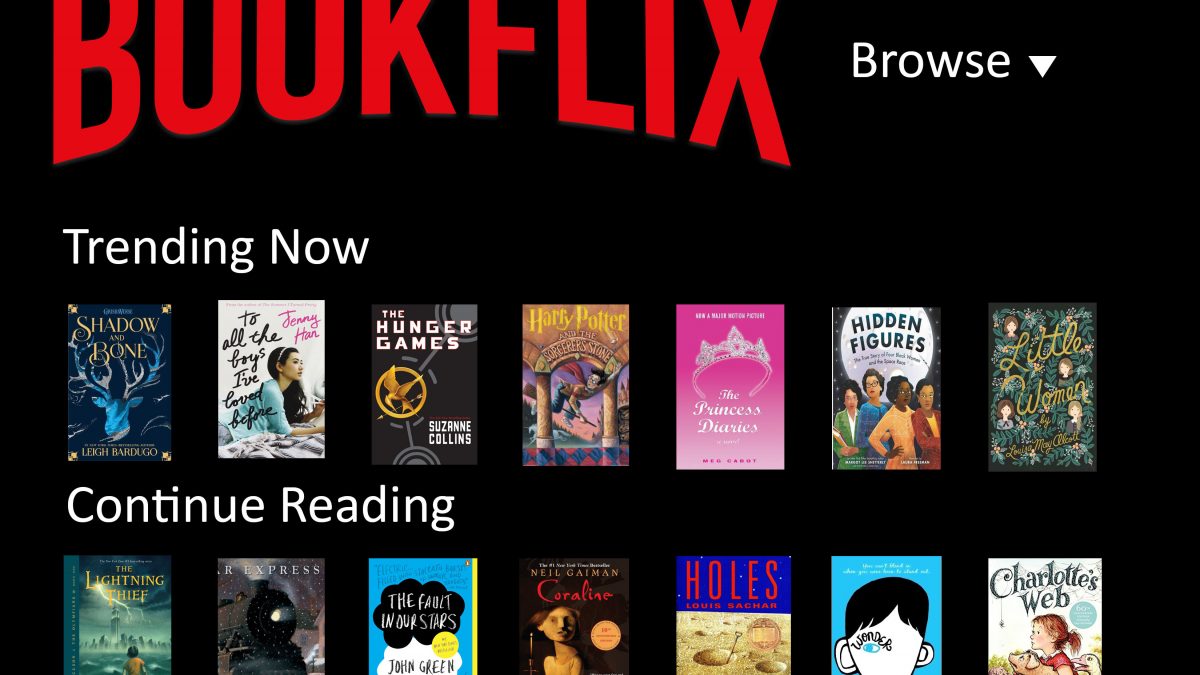
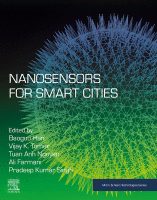 Nanosensors for Smart Cities
Nanosensors for Smart Cities Intelligent Nanomaterials for Drug Delivery Applications
Intelligent Nanomaterials for Drug Delivery Applications